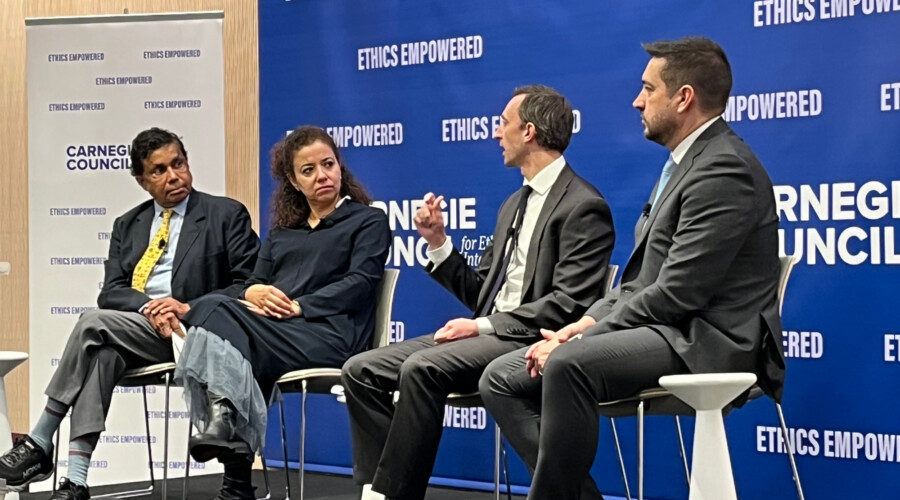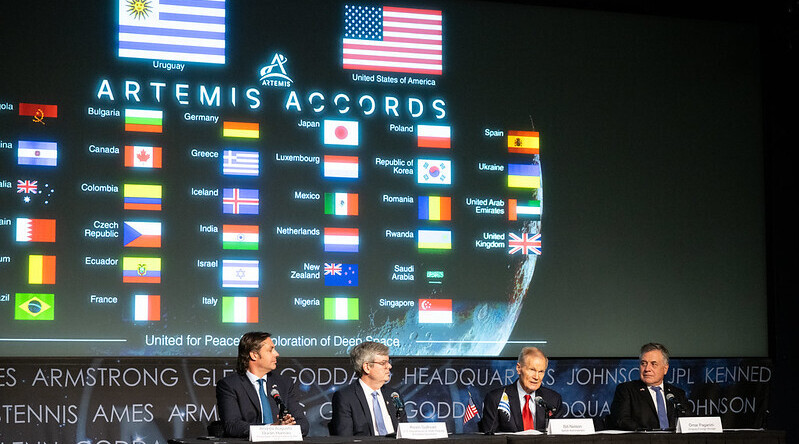After participating in a recent foreign policy conference call, it occurred to me that analysts are speaking to one another on different modes, often talking past one another. One mode is the classical balance of power conversation: Which country has more power in various regional theaters? Another mode looks at foreign policy questions in a global context: What are the most urgent problems facing the world today?
Can these two modes of analysis be reconciled?
The biggest phenomenon in international relations today, the so-called rise of the rest, presents fertile ground to test such a question. Many observers, from Fareed Zakaria to Kishore Mahbubani to Steve Weber, have noticed that "non-Western" states such as China, Russia, and India, are growing more rapidly than Western states and are doing more business with one another. They therefore have more foreign policy options—they can "route around" the United States, as Nick Gvosdev has put it. To further this conversation, Nick and I assembled a group of experts at the Carnegie Council this summer as a follow up to a panel at the Nixon Center in the summer of 2007.
A surprising consensus emerged from that panel: The current international system is witnessing the birth of an "embryonic community," as George Washington University professor Harry Harding put it. Two camps are taking shape, providing more clarity about the system than the amorphous notion of a "multi-polar system" that has plagued foreign policy thinking for the past few years. According to Harding, the world's two camps are the U.S.-led elitist reformers and the China- and Russia-led populist conservatives. Harding noted that these two camps happen to view the world in contrasting terms: The U.S. group wants democracy at home and order in the world, while the other group (the rest) wants order at home and democracy in the world.
To read this article in full, go to The
National Interest.




